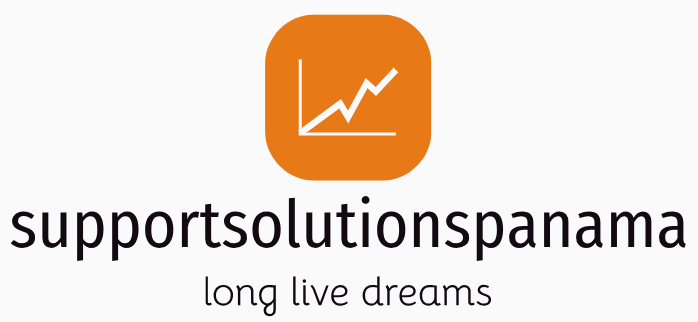Dynamic Workplace Culture: Fostering Innovation and Collaboration


Fostering Innovation and Collaboration: Nurturing a Dynamic Workplace Culture
In the contemporary business landscape, a dynamic workplace culture is a driving force behind organizational success. Let’s explore the essential elements and strategies that contribute to fostering innovation and collaboration within the workplace.
Embracing Diversity and Inclusion
One of the foundational pillars of a dynamic workplace culture is the emphasis on diversity and inclusion. Cultivating a diverse workforce with individuals from various backgrounds, experiences, and perspectives fosters creativity and innovation. In an inclusive environment, every voice is valued, leading to a richer pool of ideas and solutions.
Promoting Open Communication Channels
Clear and open communication is at the heart of a dynamic workplace culture. Establishing transparent communication channels encourages employees to share their thoughts, feedback, and ideas freely. This not only promotes a sense of belonging but also ensures that valuable insights are considered in decision-making processes.
Encouraging Continuous Learning and Development
A culture that prioritizes continuous learning and development empowers employees to expand their skills and stay abreast of industry trends. Providing opportunities for professional growth not only enhances individual capabilities but also contributes to a more agile and innovative workforce, capable of adapting to evolving challenges.
Cultivating a Growth Mindset
A growth mindset is essential for fostering innovation. Encouraging employees to view challenges as opportunities for learning and improvement creates a culture where experimentation is valued. In a dynamic workplace, mistakes are seen as stepping stones to success, fostering a resilient and forward-thinking atmosphere.
Flexible Work Arrangements and Remote Collaboration
The modern workplace is evolving, and flexibility has become a key aspect of dynamic cultures. Embracing flexible work arrangements and supporting remote collaboration not only enhances work-life balance but also allows organizations to tap into a global talent pool. Flexibility fosters creativity and adaptability among team members.
Recognition and Appreciation
Acknowledging and appreciating employees’ contributions is vital for cultivating a positive and dynamic workplace culture. Recognition reinforces a sense of accomplishment and motivates employees to continue delivering their best work. Whether through formal recognition programs or simple expressions of gratitude, acknowledging effort and achievement is crucial.
Building Trust and Empowerment
Trust is the foundation of a collaborative and innovative workplace. Empowering employees by entrusting them with responsibilities and decision-making builds confidence and loyalty. A culture of trust encourages team members to take risks, share ideas openly, and contribute to the organization’s success.
Balancing Well-being and Productivity
A dynamic workplace culture recognizes the importance of employee well-being. Striking a balance between productivity and well-being contributes to a healthier work environment. Offering wellness programs, flexible schedules, and mental health support initiatives demonstrates a commitment to the holistic welfare of employees.
Emphasizing Team Collaboration Over Competition
Collaboration thrives in environments where teamwork is valued over individual competition. A culture that emphasizes collective success fosters collaboration and knowledge sharing. Team members feel motivated to collaborate on projects, leveraging each other’s strengths to achieve common goals.
Dynamic Workplace Culture Link
For more insights on fostering a dynamic workplace culture, visit Dynamic Workplace Culture. Explore resources to enhance innovation, collaboration, and employee engagement within your organization.
In conclusion, a dynamic workplace culture is the bedrock of innovation and collaboration. By prioritizing diversity, open communication, continuous learning, and employee well-being, organizations can create an environment where creativity flourishes, and teams thrive.




![Discover the Future of [Product Category] Discover the Future of [Product Category]](https://images.unsplash.com/photo-1700104494865-200e961d942c?fm=jpg&q=60&w=3000&ixlib=rb-4.1.0&ixid=M3wxMjA3fDB8MHxzZWFyY2h8OXx8cHJvZHVjdCUyMGxhdW5jaCUyMG1hcmtldGluZyUyMGNhbXBhaWdufGVufDB8MHwwfHx8Mg%3D%3D)




